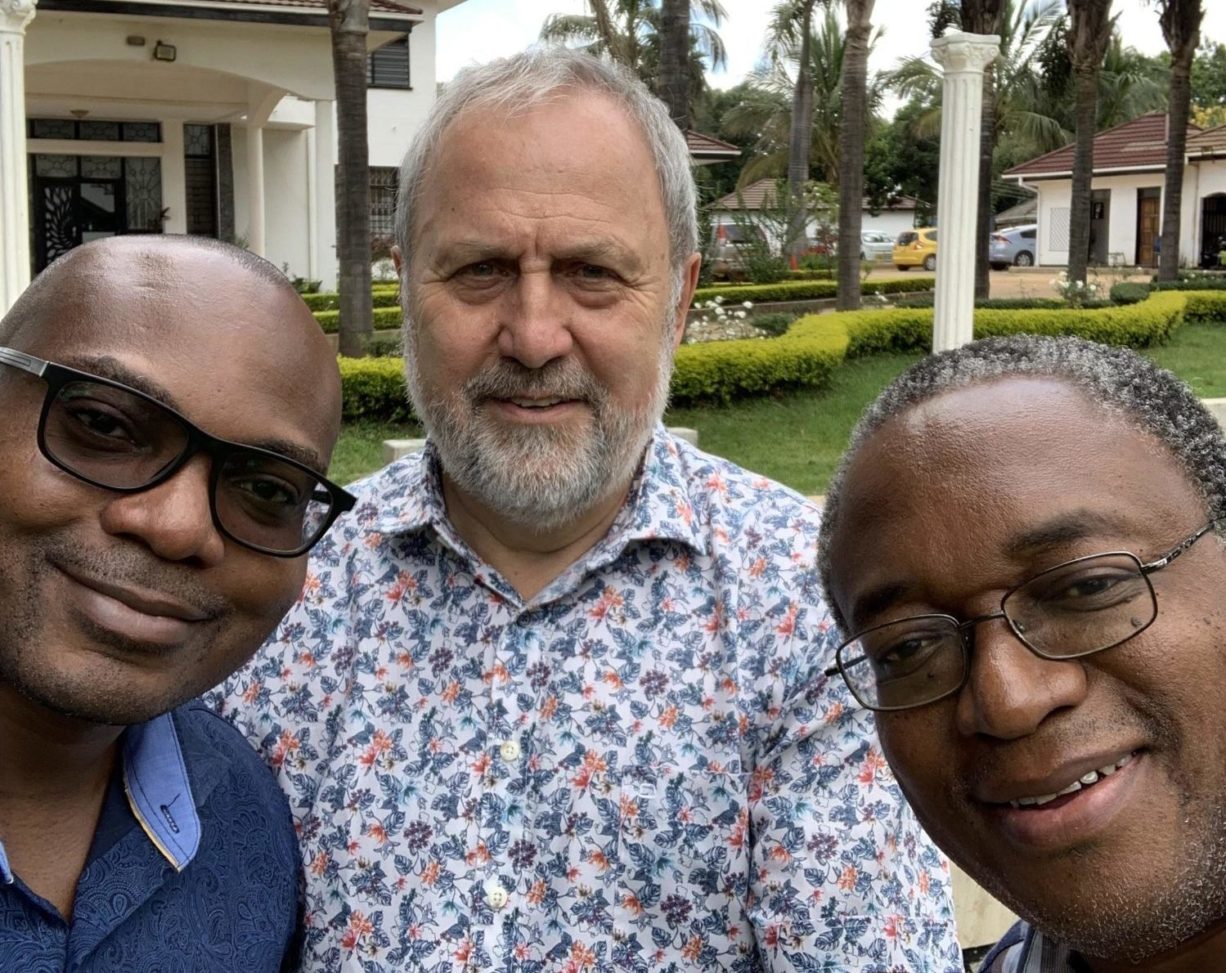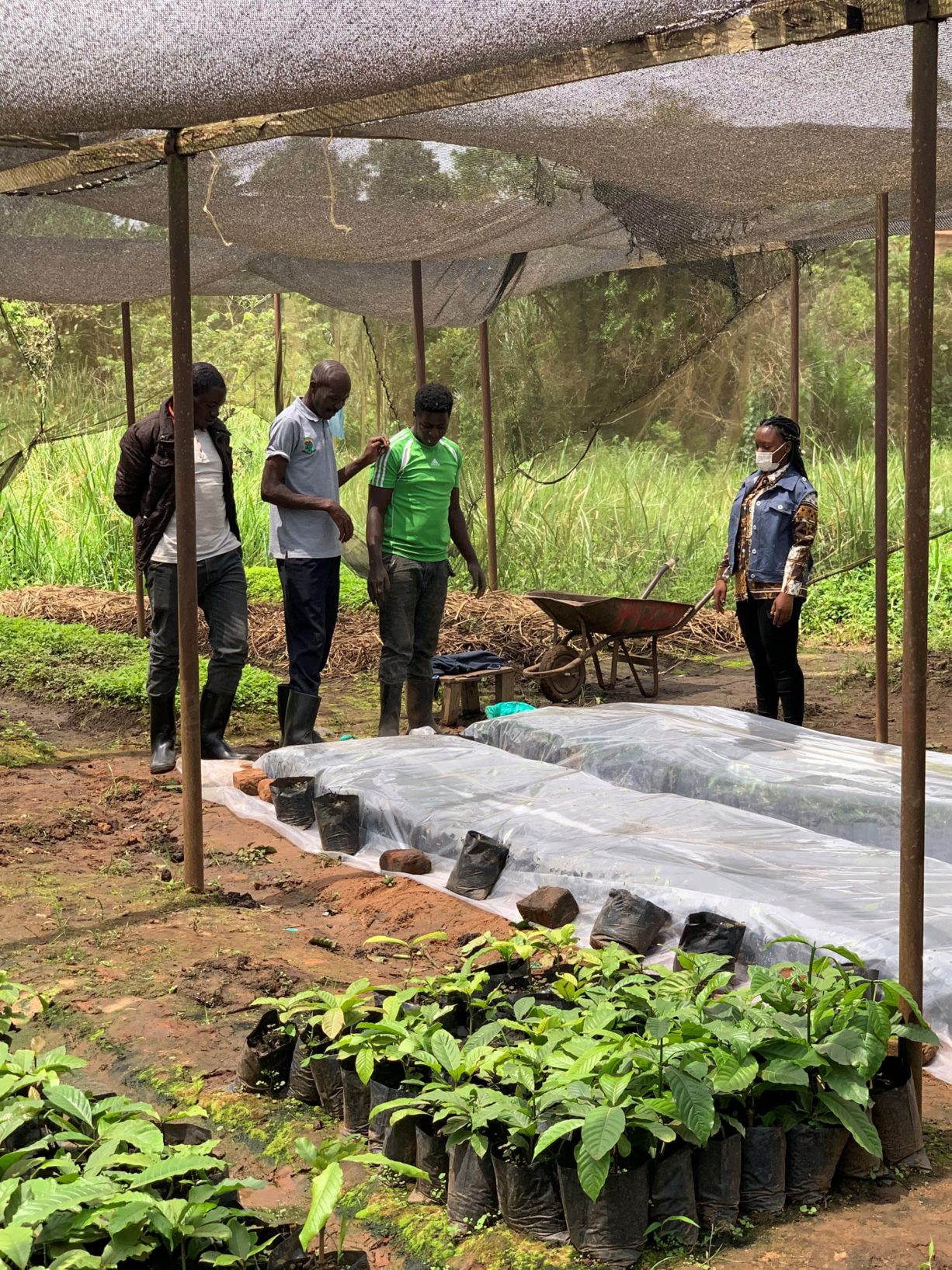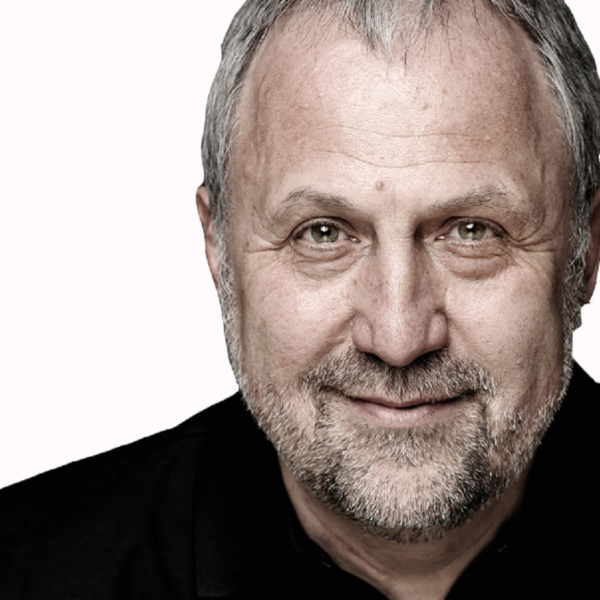For those of us in personal and organisational development, it is becoming clear about enablers that inter alia the ability and will to learn, abstraction skills (i.e. thinking in wider contexts), adaptation and transformation skills, creativity and entrepreneurial attitude (in its literal sense and by no means solely economically) are influential catalysts. Interestingly, but not surprisingly, these profoundly human enablers are themselves also capable of developing. Cultivated and nurtured, they can contribute decisively to the healthy, strong and sustainable growth of individuals and organisations, or conversely, they can also hinder it.
In my support and advisory work in the African context, I have now been able to make observations that I find remarkable and from which we can certainly learn from for our situation in Germany and Europe. We visited small and micro-organisations in rural areas and gained many insights. Wherever there is room for an attitude of taking action and shaping things and this space is actively used, prosperity sets in for the benefit of all concerned and involved. It has the potential to develop dynamically – a dynamic that is based on one’s own skills, a dynamic that reveals itself as “yeast for development”. This attitude creates success and wide-ranging confidence at its core. It becomes the igniter and incubator of new ideas. It is simultaneously a growth engine for individual women and men and for their respective organisations as a whole. Others – outsiders – recognise this. They indicate their readiness to get involved and are sometimes only too happy to do so. They like to jump on the moving “bandwagon of success”.
We also visited large(r) organisations and noticed differences. Where the seeds of “know-what” and “know-how” and the enablers of “thinking big and questioning”, combined with great initiative and the will to learn from others, are thriving, space for dynamism and design is equally created.
Where the seeds are present, but the aforementioned enablers are weak and possibly blocked by thinking in distinct traditional patterns, individual and organisational growth has a hard time. According to the German motto, “My grandfather would do it slowly”, no one checks whether he only acted slowly because he could neither accelerate nor brake.


